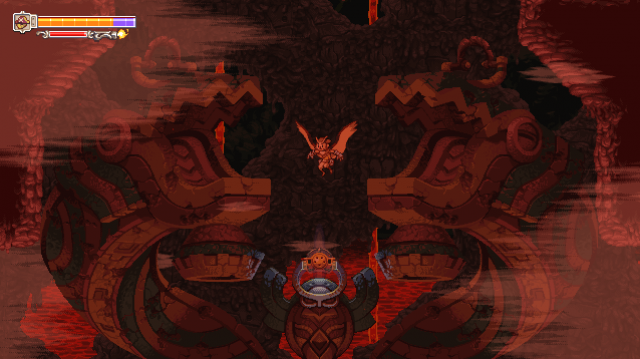

“Now, with so many people making games, I think it takes many years to make something that is actually revolutionary.”

To Kurvitz, a game like Disco Elysium is more akin to a revolutionary conflict, with ZA/UM taking the side of the guerrilla fighters ducking in the jungle. He likens the development process of a big-budget game to a war - both sides draw their lines, the stakeholders create a blueprint, and the machine begins to chug forward, loudly and publicly, and rarely according to plan. But, as he puts it, most studios are trying to improve slightly upon their heroes, make a minor contribution to a well-trod genre, or merely keep a giant company from falling to pieces. Kurvitz admits that his team’s approach to game development runs counter to what most studios consider the central tenets of the field. To me, it takes as long as it takes.” A self-styled provocateur, Kurvitz compares his endeavor - which has taken 15 years so far - to that of one of his literary heroes, the epoch-defining Russian novelist Leo Tolstoy, who famously spent years polishing his major works, like Anna Karenina.ĭisco Elysium began life as a tabletop game that Kurvitz and a handful of friends ran as a shared world-building exercise, before transforming it into a video game once they realized they wanted to surpass the limitations of the pen-and-paper space. “We are trying to make a new kind of RPG that is almost unrecognizable even to people who grew up on these games,” he says. Robert Kurvitz is the lead designer at ZA/UM, the studio developing Disco Elysium, an eccentric computer RPG in the tradition of Baldur’s Gate that seeks to overturn decades of conventional role-playing traditions. Some developers in the indie space don’t see a 10-year development as a stigma, or even a mark of failure. These are some of the members of the decade club. For others - sometimes independent game makers building their dreams in their garages - the sentence can be a source of pride, carried out due to decisions made early in the development process, overly ambitious design docs, or sheer perfectionism. Some developers who toil on one game for that long regard their experience with benign bitterness, speaking frankly of the missteps that led to the innumerable delays: the product of lofty expectations, technical hurdles, mismanagement, or a lack of direction. Fumito Ueda’s ambitious The Last Guardian was released more than 10 years after his 2005 classic Shadow of the Colossus, due in part to technical hurdles associated with creating the protagonist’s leonine sidekick, Trico. The infamous Duke Nukem Forever charted 14 years from its announcement in 1997 to its final release in 2011, with many internal reboots in between. Ten years of late nights, dashed-off ideas, and half-functional prototypes for a bundle of living, breathing code.Ī decadelong development cycle is far from the industry norm, yet high-profile examples abound if you know where to look. For many, a decade of work could represent a house, a page on a resume, the title on a business card, or something less tangible - a feeling, even.įor some in the video games industry, though, a decade might produce a single product. What does a decade’s worth of work look like? You can start and finish almost any form of education establish a career raise a child build a thriving business.


 0 kommentar(er)
0 kommentar(er)
